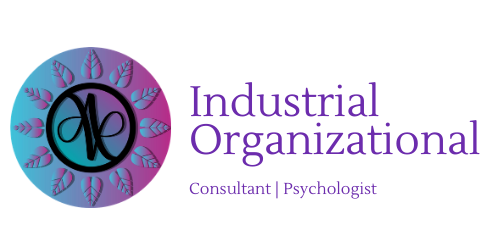The COVID-19 pandemic has transformed the world and all that is in it – health, family and work life,
religion, economics, education, trade, and technology. It has created swaths of uncertainties and
financial instability with an abiding sense of fear and loss. As we grapple with this deadly virus, we must
accept that some aspects of our lives will never return to that which existed pre pandemic. As a
consequence of our varied experiences, it is evident that COVID-19 has and will continue to impact on
our mental, social and emotional being which will ultimately affect our relationships, the sole reason for
our existence. Although the disease has put on hold our ability to engage in physical expressions of love
and care for others, we must remain connected in this public health crisis if we are to be a resilient
people, as we are known to be. It is therefore crucial to be knowledgeable of and practice coping
mechanisms to manage the stress and anxiety to ensure that our relationships are maintained.
Emotional Intelligence (EI) is a tool that will allow us to interact positively with our fellowman, which
also corresponds to what is referred to as ‘agape’ love’ in religion, permitting us to preserve
relationships to ensure the continuance of our existence. Agape is almost always used to describe the
love that is of and from God, whose very nature is love itself.
Researchers have described EI as a set of social and personal abilities that assist people in managing
their internal states and interactions with others. The concept emphasises the importance of self-
awareness and understanding, redressing a perceived imbalance between intellect and emotion in the
life of the collective mind. Therefore, it will require an awareness of persons around us, being sensitive
to their emotions and recognize and accept that they may be feeling the same level of fear, panic and
anxiety that we are experiencing. This awareness will impact on how we react and respond to others.
Despite being difficult to maintain a positive outlook and be sensitive to others in a time when bleak
news is abundant, this practice will not only assist us in managing our interactions but, according to
scientists, will impact on our immune system’s ability to protect the body, making us less vulnerable to
the disease.
Emotionally intelligent behaviour is reflected through twelve specific competencies which are the
elements of the personal and social competencies. According to researchers, these are
Self-awareness:
Emotional self-awareness: ability to understand our own emotions and the effects of these emotions
on one’s performance.
Self-management:
Emotional self control: ability to keep disruptive impulses and emotions in check and maintain
effectiveness in stressful or hostile conditions.
Achievement orientation: Striving for excellence and setting challenging goals.
Positive outlook: seeing the good in people, situations, and events and persistence in achieving goals.
Adaptability: flexibility in managing change and multiple demands and adapting new ideas or
approaches.
Social awareness:
Organizational awareness: ability to read group emotional currents.
Empathy: ability to note emotional clues in others and to gain sense of their feelings and perspectives.
Relationship management:
Inspirational leadership: ability to inspire and guide individuals and groups to bring out the best in
others.
Influence: The ability to persuade and have a positive influence on others.
Conflict management: Coaching and mentoring, Teamwork and collaboration.
Coach and mentor: ability to foster ongoing learning and development of others.
Teamwork: ability to work with others to reach a shared goal.
Already there is an emphasis for the need for Emotional Intelligence in organizations, especially at the
leadership level, as it has been proven that a higher level of productivity can be realised due to the
degree of understanding, empathy and care that is exhibited in the workplace. It is also suggested that
observation of the concept in the educational sector results in higher performance of students as well as
teachers. Unfavourable reactions that have been heightened during this pandemic, for example
selfishness and discrimination, could be lessened with the application of EI which influences the
effectiveness of our communication skills. The observation of EI as a coping mechanism during COVID-
19 and onwards will certainly improve our quality of life. Every individual in our society can acquire
these competencies and engage in this practice.



